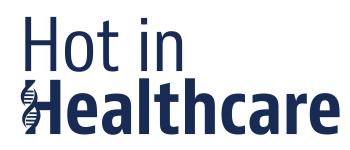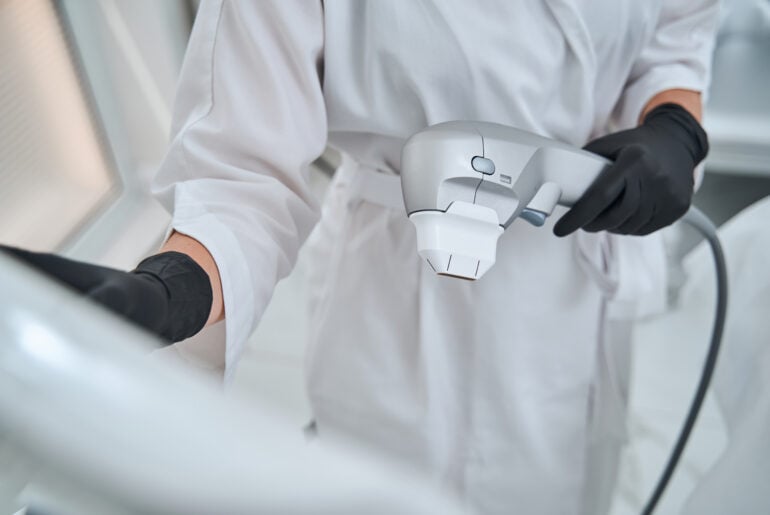Manufacturers of Machine Learning-Enabled Medical Devices (MLMDs) face a key challenge: existing requirements and processes on the notification and management of ‘substantial’ and ‘significant’ changes to medical devices need adapting for MLMDs. The MHRA, together with the U.S. Food and Drug Administration (FDA) and Health Canada, has published five guiding principles on predetermined change control plans (PCCPs) to help resolve this tension. What is the tension between AI and change management for medical devices? Some…
The UK’s Information Commissioner’s Office (ICO) has launched a public consultation on its draft guidance on transparency in the health and social care sector. The proposed guidance emphasises the importance of going beyond the legal requirements of the GDPR in order to build trust with patients, and builds on themes of openness, honesty and patient engagement. The consultation is open until 7 January 2024. We’ve set out our top six takeaways on the proposed guidance…
The EU has published its draft Standard Contractual Clauses for the procurement of AI (AI SCCs). These are drafted for public organisations (such as public hospitals) wishing to procure AI systems developed by an external supplier, and are based on the requirements for high-risk AI systems in the EU AI Act. The AI SCCs might be a good starting point, but dig a little deeper, and you’ll find that the clauses are based on some…
The UK government has issued proposals for a new licensing regime for currently unregulated cosmetic procedures whilst also intending to classify and regulate certain cosmetic products such as dermal fillers as medical devices. The government has brought forward an amendment to the Health and Care Act 2022 that gives the Secretary of State for Health and Social Care the power to bring into force a licensing scheme in England for non-surgical cosmetic procedures. The purpose…
The European Parliament (EP) has published two draft reports on the Commission’s proposals for a new Pharmaceutical Regulation and Directive. The reports have been drafted by the MEPs assigned as rapporteurs for the Directive (Pernille Weiss, EPP) and for the Regulation (Tiemo Wölken, S&D) and will be debated at the Committee for the Environment, Public Health and Food Safety (ENVI) later this month or beginning of November. The report on the Directive is favourable to…
The European Medicines Agency (EMA) has published a draft reflection paper which considers the application of artificial intelligence (AI) and machine learning (ML) to the development, regulation and use of medicines. This paper, which is now open for public consultation, evaluates the risks, benefits and opportunities that AI and ML present to the entire lifecycle for medicines. Underlying the paper is EMA’s concern around the challenges of integrating AI and ML into the medicines lifecycle,…
On 25 July 2023, the EU Commission published its response to the European Citizens’ Initiative’s petition on “Save Cruelty-free Cosmetics – Commit to a Europe without Animal Testing”. The petition received 1.2 million signatures from EU citizens and the EU Commission must respond to petitions gathering 1 million signatures or more. The EU Commission has confirmed the following in response to the requests of the petition: Protect and strengthen the cosmetics animal testing ban Transform…
Last month, the UK House of Commons debated the current state of regulatory and legal hurdles negatively affecting the development of psilocybin-based (the psychedelic compound most commonly found in ‘magic mushrooms’) therapies for mental and physical health disorders in the UK. The debate resulted from an e-petition, which garnered 11,824 votes in February this year. The debate saw a consensus among Members of Parliament across party lines, collectively supporting the proposal for rescheduling psilocybin from…
We’ve set out our top ten tips on ensuring GDPR compliance if your organisation is procuring AI solutions from third parties, whether this is to train an AI imaging system, integrate AI solutions into a patient-facing app or to allow your staff to make use of generative AI. These tips are based on the issues which we see are attracting regulatory scrutiny in practice, the potential stumbling blocks we’re coming across in supplier terms, as…
As already well noted on this blog, on 26 April 2023 the European Commission published a set of proposals for the reform of EU pharmaceutical legislation. A key plank of the reforms comprises measures designed to preserve and protect the supply of medicines across the EU, in particular, critical medicines. Although many member states already have mechanisms in their armoury to protect their own supply chains, this reformatory drive to protect supply chains throughout the…










